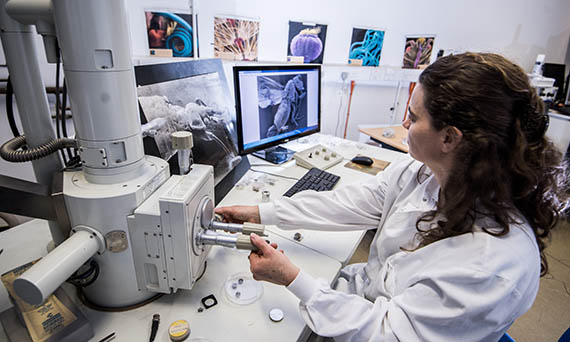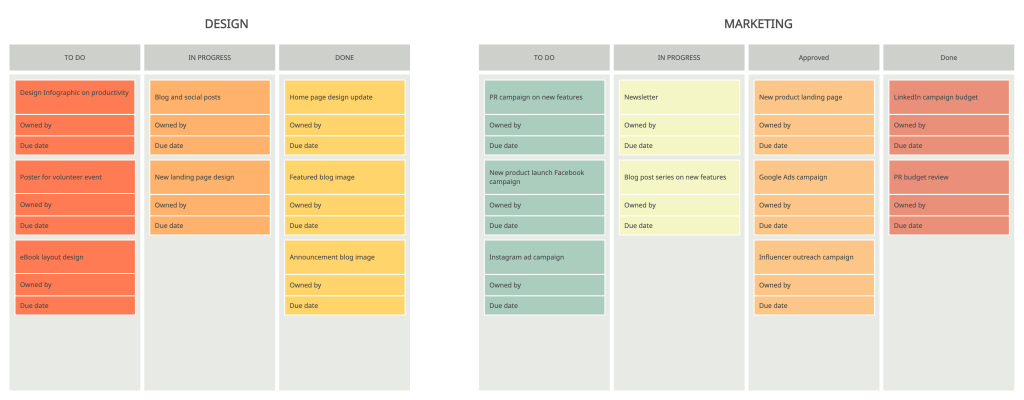
The field of manufacturing engineering is often referred to as production engineering. This type of engineering has many similarities to other engineering fields. Engineers who specialize in this area can find their own niche within an industry and become integral to the success of a company. They can make sure that the product or service is of high quality.
Your job duties
The job of a production engineer involves coordinating and analyzing the production process, from design to implementation. This position requires careful attention to detail and a commitment to the safety of the workplace. Production engineers also ensure that their company maintains high quality standards and environmental safety, and they evaluate existing production activities to identify ways to improve them.
A production engineer assists companies in producing products quickly and at a reasonable cost. The job of a production engineer may involve them analysing current production processes and/or focusing on a particular area. They may also help adjust the software running plant equipment and train production workers.

Excellent communication skills are essential for this job. Engineers must be able explain complicated engineering concepts clearly. Because engineering involves complex math and calculations, this is essential. A production engineer may use equations for determining the cost of finished products, or solving manufacturing line problems.
Education required
The first step toward a career as a production engineer is to acquire a bachelor's degree in manufacturing or industrial engineering. For research-oriented positions in manufacturing, some employers prefer a master’s degree. A proficiency in one or two specialized areas is also helpful.
Industrial engineers use their creativity and analytical skills to improve the efficiency of production processes. They seek to eliminate waste and develop new methods to use materials, equipment, and employees more efficiently. They must also have good communication skills, as they must be able to explain complex processes to non-technical audiences. You must be able to listen well and fully understand the points and opinions of others.
Manufacturing engineers are trained in the field during their degree program. They will also learn safety procedures and regulations. A Professional Engineer license issued by the National Society of Professional Engineers is required. This license is essential because it shows employers and clients that your credentials are valid. It's important to renew your licence according to state requirements.

Salary
The salary of a producer engineer will vary depending on the company and where you live. Although they are primarily employed in offices, production engineers may travel to work on site to inspect equipment and improve processes. Some production engineers are self-employed, while others work for larger companies. Production engineers are expected not only to earn a good salary but also to finish their work promptly.
Production engineers are part of a team that works with other professionals in order to ensure safety and quality. To ensure the best production processes, they will work closely with designers. In some cases, they are also responsible for maintaining safety standards on the factory floor and training workers on proper safety procedures. Although the job description of a Production Engineer isn't comprehensive, it will give you an idea about their duties and responsibilities.
The salary for a production engineer is dependent on the level of experience. Entry-level production engineers earn approximately Rs2.5 lakhs annually. For mid-level engineers, the salary can rise to Rs3.8 lakhs. For experienced production engineers, the annual salary can rise to Rs3.8 lakhs.
FAQ
What are the differences between these four types?
Manufacturing refers the process of turning raw materials into useful products with machines and processes. It involves many different activities such as designing, building, testing, packaging, shipping, selling, servicing, etc.
Can some manufacturing processes be automated?
Yes! Yes. Automation has been around since ancient time. The Egyptians discovered the wheel thousands and years ago. Nowadays, we use robots for assembly lines.
There are many uses of robotics today in manufacturing. These include:
-
Assembly line robots
-
Robot welding
-
Robot painting
-
Robotics inspection
-
Robots that produce products
Manufacturing can also be automated in many other ways. For example, 3D printing allows us to make custom products without having to wait for weeks or months to get them manufactured.
What skills is required for a production planner?
Production planners must be flexible, organized, and able handle multiple tasks. It is also important to be able communicate with colleagues and clients.
Statistics
- In the United States, for example, manufacturing makes up 15% of the economic output. (twi-global.com)
- It's estimated that 10.8% of the U.S. GDP in 2020 was contributed to manufacturing. (investopedia.com)
- According to a Statista study, U.S. businesses spent $1.63 trillion on logistics in 2019, moving goods from origin to end user through various supply chain network segments. (netsuite.com)
- In 2021, an estimated 12.1 million Americans work in the manufacturing sector.6 (investopedia.com)
- According to the United Nations Industrial Development Organization (UNIDO), China is the top manufacturer worldwide by 2019 output, producing 28.7% of the total global manufacturing output, followed by the United States, Japan, Germany, and India.[52][53] (en.wikipedia.org)
External Links
How To
How to Use lean manufacturing in the Production of Goods
Lean manufacturing is a management style that aims to increase efficiency and reduce waste through continuous improvement. It was developed in Japan between 1970 and 1980 by Taiichi Ohno. TPS founder Kanji Tyoda gave him the Toyota Production System, or TPS award. Michael L. Watkins published the book "The Machine That Changed the World", which was the first to be published about lean manufacturing.
Lean manufacturing is often defined as a set of principles used to improve the quality, speed, and cost of products and services. It emphasizes the elimination of defects and waste throughout the value stream. Lean manufacturing is called just-in-time (JIT), zero defect, total productive maintenance (TPM), or 5S. Lean manufacturing eliminates non-value-added tasks like inspection, rework, waiting.
In addition to improving product quality and reducing costs, lean manufacturing helps companies achieve their goals faster and reduces employee turnover. Lean manufacturing is a great way to manage the entire value chain including customers, suppliers, distributors and retailers as well as employees. Lean manufacturing can be found in many industries. Toyota's philosophy is a great example of this. It has helped to create success in automobiles as well electronics, appliances and healthcare.
Lean manufacturing includes five basic principles:
-
Define Value- Identify the added value your company brings to society. What makes you stand out from your competitors?
-
Reduce Waste - Eliminate any activity that doesn't add value along the supply chain.
-
Create Flow. Ensure that your work is uninterrupted and flows seamlessly.
-
Standardize and Simplify – Make processes as consistent, repeatable, and as simple as possible.
-
Build Relationships - Establish personal relationships with both internal and external stakeholders.
Although lean manufacturing isn't a new concept in business, it has gained popularity due to renewed interest in the economy after the 2008 global financial crisis. To increase their competitiveness, many businesses have turned to lean manufacturing. According to some economists, lean manufacturing could be a significant factor in the economic recovery.
Lean manufacturing, which has many benefits, is now a standard practice in the automotive industry. These include improved customer satisfaction, reduced inventory levels, lower operating costs, increased productivity, and better overall safety.
Any aspect of an enterprise can benefit from Lean manufacturing. This is because it ensures efficiency and effectiveness in all stages of the value chain.
There are three types of lean manufacturing.
-
Just-in-Time Manufacturing: Also known as "pull systems", this type of lean manufacturing uses just-in-time manufacturing (JIT). JIT is a method in which components are assembled right at the moment of use, rather than being manufactured ahead of time. This approach is designed to reduce lead times and increase the availability of components. It also reduces inventory.
-
Zero Defects Manufacturing: ZDM ensures that no defective units leave the manufacturing plant. If a part needs to be fixed during the assembly line, it should be repaired rather than scrapped. This is also true for finished products that require minor repairs before shipping.
-
Continuous Improvement (CI), also known as Continuous Improvement, aims at improving the efficiency of operations through continuous identification and improvement to minimize or eliminate waste. Continuous improvement refers to continuous improvement of processes as well people and tools.